Furinaid Plus TRM 200 ml for Dogs: Complete Guide to Urinary Tract Health and Dosage
Urinary tract health is vital to a dog’s comfort, wellbeing, and long-term health. Infections, incontinence, inflammation, or anatomical abnormalities can compromise a dog’s ability to urinate comfortably and effectively. One product that has gained significant attention in veterinary circles is Furinaid Plus TRM 200 ml for dogs—a veterinary-formulated supplement designed to maintain and restore optimal urinary tract function.
This blog explores the science, practical benefits, indications, and detailed dosage information surrounding Furinaid Plus TRM 200 ml, making it a go-to reference for dog owners, veterinary professionals, and researchers.
What Is Furinaid Plus TRM 200 ml?
It combines N-acetyl D-glucosamine (a precursor to glycosaminoglycans) and L-tryptophan, which together help strengthen the bladder lining and reduce stress-induced urinary problems.
Product Overview:
- Form: Liquid supplement
- Volume: 200 ml
- Route: Oral administration (can be added to food or administered directly)
- Palatability: Liver-flavored for ease of administration
Key Ingredients and Their Functions
1. N-Acetyl D-Glucosamine
- Serves as a precursor to glycosaminoglycans (GAGs), which form a protective layer on the urinary bladder mucosa.
- Reinforces the protective mucosa to defend against bacteria and environmental toxins.
2. L-Tryptophan
- An essential amino acid and serotonin precursor.
- Promotes calmness and reduces anxiety-related urinary issues, such as stress-induced cystitis.
Indications: When to Use Furinaid Plus TRM 200 ml in Dogs
Furinaid Plus is typically used under veterinary guidance for a range of conditions that affect urinary health.
Primary Indications Include:
- Canine Idiopathic Cystitis (CIC)
- Chronic Urinary Tract Infections (UTIs)
- Urinary Incontinence
- Post-catheterization support
- Anxiety-related inappropriate urination
- Bladder inflammation due to bladder stones or trauma
- Support after bladder surgery or instrumentation
Common Symptoms That May Prompt Use:
- Frequent urination
- Blood in the urine (hematuria)
- Painful urination (straining or whining)
- House soiling or incontinence
- Behavioral signs of stress associated with urination
Dosage and Administration Guidelines
Simple to administer by mouth, Furinaid Plus is rarely associated with digestive or behavioral side effects. It can be given directly via syringe or mixed into the dog’s food.
Dosage for Furinaid Plus 200 ml
| Dog Weight (kg) | Daily Dosage | Administration Method | Duration of Use |
| 0 – 5 kg | 2.5 ml once daily | Mix into food or administer directly | Minimum 2 weeks; longer if needed |
| 5.1 – 10 kg | 5 ml once daily | Same as above | Typically 2–4 weeks |
| 10.1 – 20 kg | 7.5 ml once daily | Same as above | Veterinary guidance advised for >4 weeks |
| 20.1 – 40 kg | 10 ml once daily | Same as above | Review response after 4 weeks |
| > 40 kg | 12.5 ml once daily | Same as above | Adjust based on response |
Note: Always shake well before use. Avoid heat and humidity; store in a dark, cool space. Follow your veterinarian’s specific instructions.
Important Administration Tips
- Establish and maintain a daily routine for consistent urinary tract support.
- With or without food: Palatable and usually accepted easily in food.
- Hydration: Encourage water intake to support urinary function.
Understanding the Risks and Reactions of Furinaid Plus TRM 200 ml in Dogs
Thanks to its natural, non-pharmaceutical ingredients—primarily N-acetyl D-glucosamine and L-tryptophan—this supplement boasts an excellent safety profile. It is considered appropriate for short-term use in acute conditions and long-term support in chronic cases such as stress-induced cystitis or urinary incontinence.
General Safety Overview
- Non-prescription formula approved for use under veterinary supervision
- No known toxicity at labeled dosages
- Shows high compliance and minimal adverse effects across diverse dog populations.
- Can be safely co-administered with most common veterinary medications and diets
- Palatable and easy to administer orally, often mixed with food or directly via syringe
The combination of ingredients supports bladder lining integrity (via glucosamine) and reduces stress-related urinary issues (via tryptophan), making Furinaid Plus a multifunctional supplement with low incidence of side effects.
Potential Side Effects (Rare and Typically Mild)
While adverse effects are uncommon, some dogs may exhibit transient, minor symptoms—especially during initial administration. These may include:
1. Gastrointestinal Upset
- Incidence: Rare
- Signs: Soft stool, flatulence, mild nausea, or vomiting
- Cause: Usually related to the introduction of L-tryptophan or glucosamine
- Action: Administer with food, reduce dose temporarily if needed
2. Lethargy or Sedation
- Incidence: Uncommon
- Signs: Mild drowsiness or a calmer demeanor
- Cause: Due to L-tryptophan’s effect on serotonin levels
- Action: Monitor behavior; reduce dose if excessive sedation occurs
3. Appetite Changes
- Incidence: Very rare
- Signs: Temporary reduction in food interest
- Cause: Flavor or texture of supplement may affect palatability
- Action: Mix with favorite food or consult veterinarian for alternatives
4. Increased Urination or Thirst
- Incidence: Rare
- Signs: Increased frequency of urination or water intake
- Cause: May occur during bladder repair processes
- Action: Monitor hydration and urinary patterns; report persistent changes
5. Allergic Reaction (Extremely Rare)
- Incidence: Extremely rare
- Signs: Facial swelling, hives, itchiness, or breathing difficulty
- Cause: Hypersensitivity to any ingredient
- Action: Stop administration and seek emergency veterinary care
Safety of Key Ingredients
N-acetyl D-glucosamine
- A natural sugar derivative found in the mucosal lining of the bladder
- Generally regarded as GRAS (Generally Recognized As Safe)
- Supports regeneration of the glycosaminoglycan (GAG) layer
- No toxicity reported at therapeutic doses
L-tryptophan
- An essential amino acid that supports serotonin production
- Can promote a calming effect without being a sedative
- Overdose can theoretically lead to serotonin imbalance, but this is extremely rare with supplement-grade tryptophan
- Not addictive, does not affect liver enzymes
Use in Special Populations
Safe for:
- Puppies over 12 weeks of age
- Adult and senior dogs with stable health
- Dogs on prescription urinary diets
- Dogs with mild behavioral urinary symptoms
Use With Caution In:
- Dogs with advanced kidney or liver disease
- Pregnant or lactating dogs (insufficient safety data)
- Dogs on serotonergic medications (e.g., fluoxetine, clomipramine) due to additive effects
Veterinary Monitoring and Recommendations
- Initial Phase (First 1–2 Weeks): Monitor for any signs of GI upset or behavioral changes
- Long-Term Use: Schedule periodic vet checks every 3–6 months, especially for dogs with chronic bladder issues
- Maintain a log of urination patterns, water intake, and general demeanor for early detection of rare adverse effects
Scientific Evidence and Clinical Research
Several studies in dogs and cats support the role of GAGs like N-acetyl D-glucosamine in managing bladder health. By reinforcing the bladder lining, these compounds help prevent bacterial adhesion and lower inflammation.
- According to a 2021 veterinary study, dogs receiving N-acetyl D-glucosamine supplementation experienced a 33% decrease in urinary tract relapses over a 60-day period.
- L-Tryptophan has shown significant calming effects, especially in anxious dogs prone to inappropriate urination.
While large-scale randomized trials are limited in veterinary settings, clinical experience strongly supports Furinaid Plus as an adjunct to antimicrobial therapy and behavioral management.
Behavioral Considerations in Urinary Health
Emotional stress, anxious behaviors, and environmental changes frequently intensify urinary complications in dogs. Furinaid Plus helps balance the gut-brain-bladder axis, supporting both body and behavior.
Environmental and Behavioral Support Tips:
- Provide frequent access to outdoor toilet areas
- Avoid punishment for indoor accidents
- Use calming aids like pheromone diffusers
- Ensure a routine daily schedule
- Enrichment activities to reduce anxiety
Veterinary Testimonials
“I’ve used Furinaid Plus in numerous cases of recurrent UTIs and idiopathic cystitis in dogs. It’s palatable, safe, and helps reduce the need for repeated antibiotic courses.”
— Dr. S. Mehra, BVSc & AH, MVSc
“For anxious dogs that begin urinating indoors during stressful events, Furinaid Plus is an excellent adjunct to behavioral therapy.”
— Dr. A. Ramesh, Small Animal Veterinarian
Future Directions and Considerations
Furinaid Plus is currently part of a broader effort to address non-infectious causes of urinary disorders through nutraceuticals, rather than relying solely on antibiotics. Its ingredients may also prove beneficial in:
- Preventing stress cystitis post-surgery
- Managing urinary issues in senior dogs
- Reducing behavioral urination in multi-pet households
Future research will likely explore its role in integrated urinary wellness protocols that include diet, hydration, and behavioral management.
Conclusion
Furinaid Plus TRM 200 ml for dogs is more than a supplement—it’s a targeted solution for dogs experiencing urinary challenges from inflammation, stress, or structural causes The combination of N-acetyl D-glucosamine and L-tryptophan helps support mucosal integrity and alleviates anxiety-related urinary disturbances.
When used as directed under veterinary guidance, Furinaid Plus offers:
- Safe, long-term support
- Easy daily administration
- A non-antibiotic alternative for recurrent urinary issues
Whether your dog suffers from anxiety-related accidents or chronic bladder inflammation, Furinaid Plus provides a scientifically backed, palatable option for better urinary health and improved quality of life.







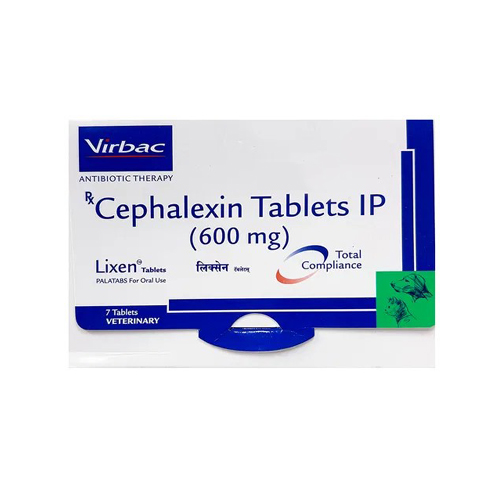
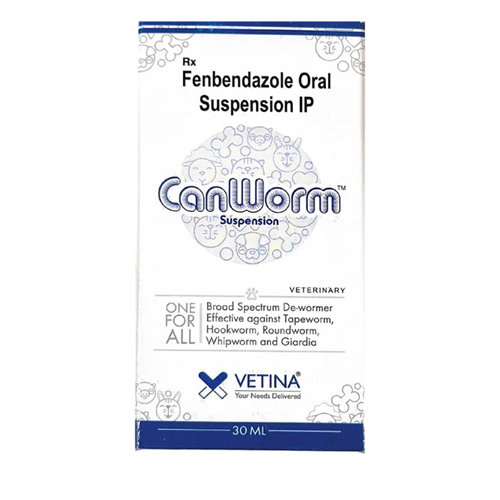


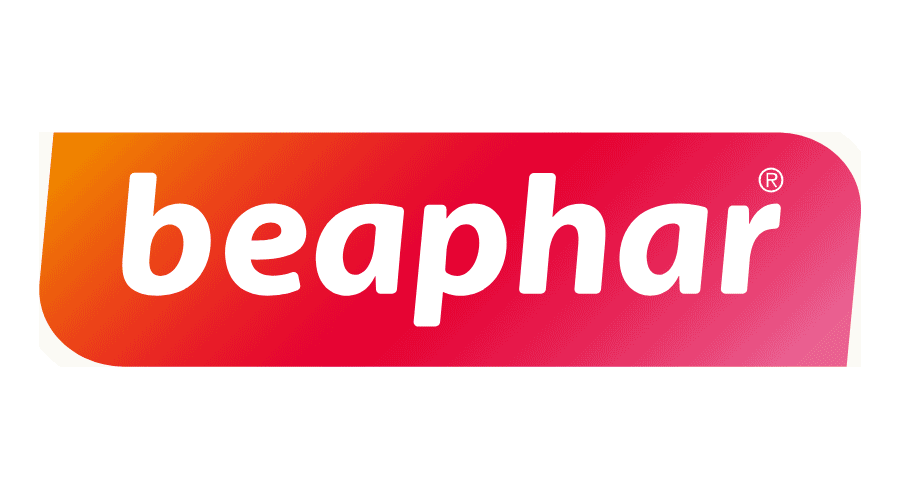
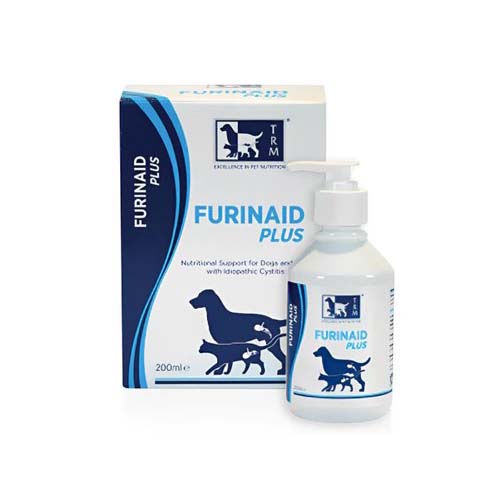
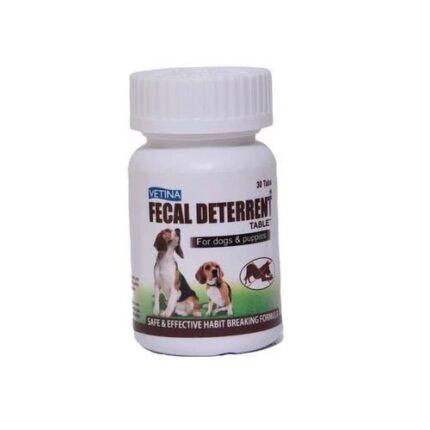

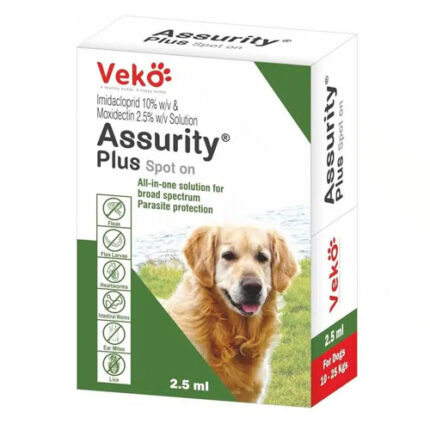
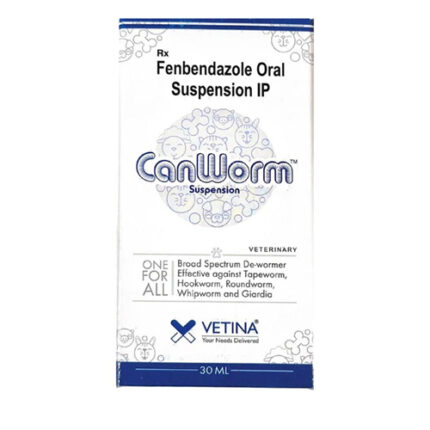
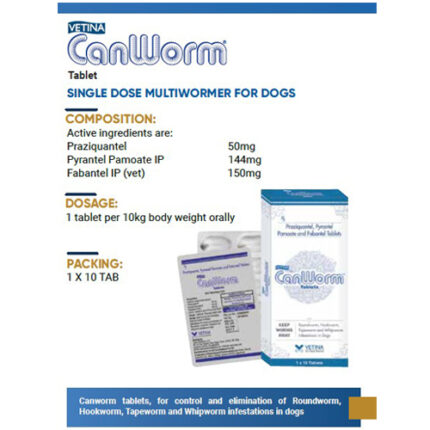
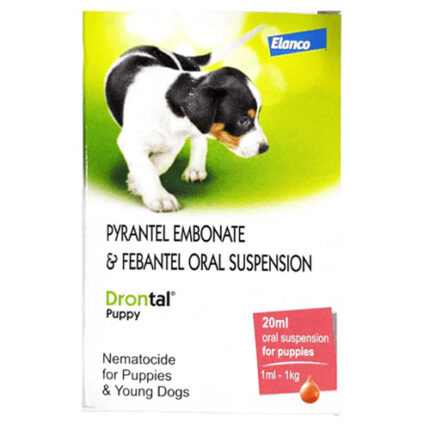
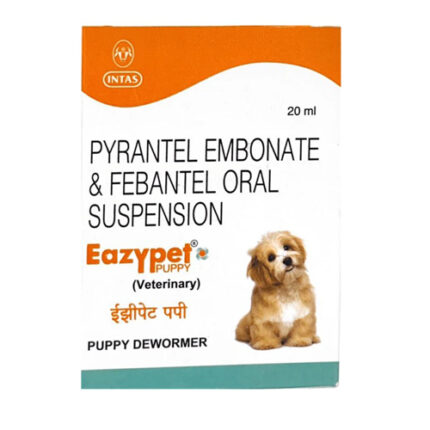
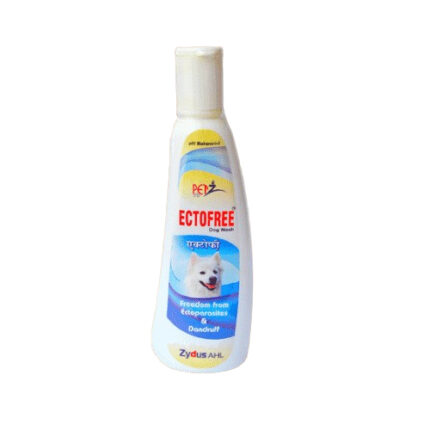
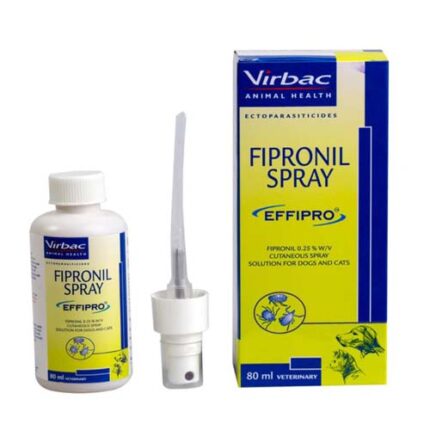
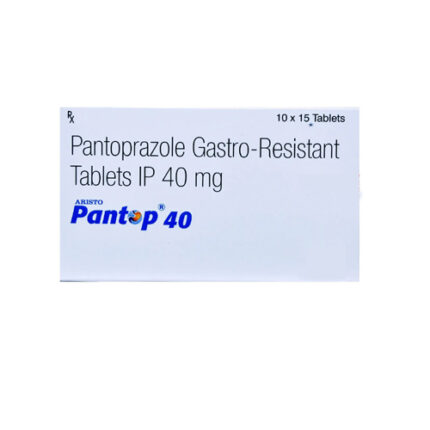
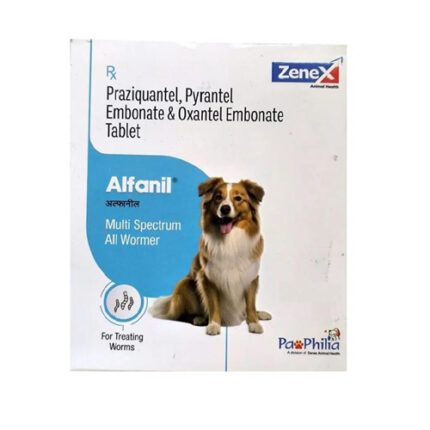
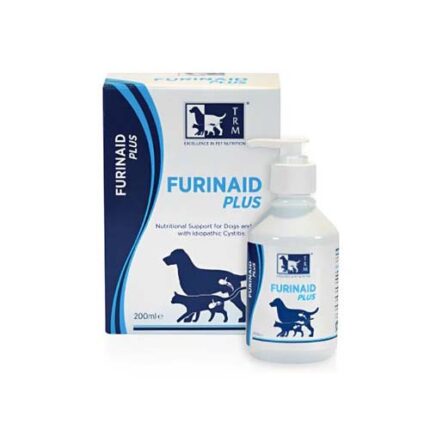
Reviews
There are no reviews yet.